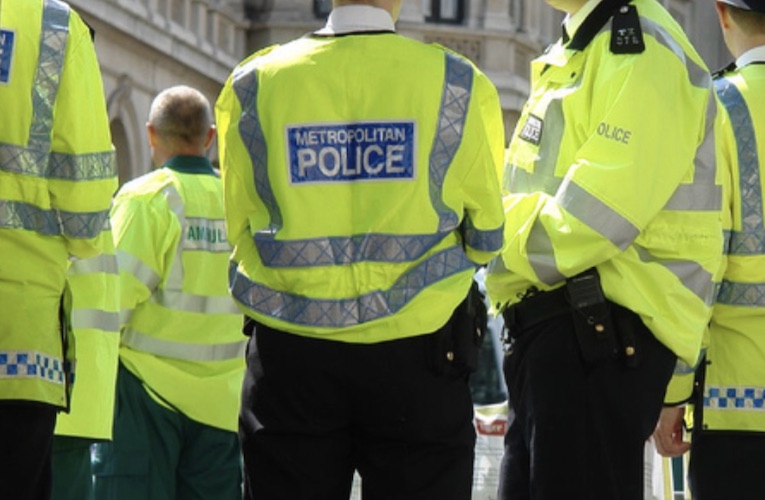There is more than one reason to be concerned – to put it mildly – that the Metropolitan Police Service has lately provided employment for people who kidnap, rape and murder women, take photographs of murder victims and share them for “a laugh”, think cracking jokes about hitting their wives and killing black children is “banter”, or that it’s OK to come on to a woman they are supposed to be helping after she was the victim of an attempted robbery.
Not only are such behaviours and attitudes sickening and chilling, they are immensely harmful to effective police work, whether or not they come to public attention as of late. Along with being poisonous of themselves, they form the ugliest part of a spectrum of poor professional standards that undermine the efforts of officers who want to do their jobs well and have received too little attention for too long.
Last summer, when questioned at City Hall about the devastating findings of the independent panel that looked into the unsolved 1987 murder of private investigator Daniel Morgan, Cressida Dick was a study in obstruction, delay and denial. The panel had been astonished by the role Dick had played, prior to becoming commissioner, in making it an almighty struggle to get access to a vital database. And when physical documents related to the case were finally prised out of the Met, they were a mess with bits missing.
Looking on, you could appreciate why Dick wouldn’t want to plead guilty to every item on the panel’s devastating charge sheet on the spot. You could recognise why she’d be reluctant to go along with the panel’s conclusion that the Met’s handling of the Morgan case, with its persisting whiff of foul malpractice, showed London’s police to be “institutionally corrupt”. But her transparent reluctance to concede even that its filing systems weren’t up to scratch was discouraging to say the least.
There are many examples of basic tasks being done poorly and basic services coming up short. The jaw-dropping ineptitude of the handling of the murders committed by Stephen Port is the extreme end of a continuum that takes in everything from “multiple and serious” failures in the use of the Met’s gangs matrix database to the handling of rape cases, to the exercise in futility that is using the Met’s non-emergency phone or website services.
A lot of politicians’ time and energy has been expended since the advent of austerity on “police numbers” and resources more broadly. That’s a legitimate concern, but it has often felt that this focus has been at the expense of keeping an eye on whether Met officers are doing their jobs effectively and well.
The revolting values of too many officers towards too many Londoners that have been revealed of late are not new in recent times. The chortling strip search of Koshka Duff at Stoke Newington police station took place in 2013. The attitudes of those involved reminds you of the sort of people you dread finding yourself sitting next to in a pub or on a train, not public servants you confidently trust with community safety.
The mentality displayed in that episode, like those since exposed at Charing Cross police station, aren’t only unacceptable in a public service whose employees have the power to deprive citizens of their liberty, they are also stupidly counter-productive and betray a chronic failure to understand and discharge a police officer’s foundational responsibilities to the public, including members of it they don’t like. This isn’t only gross unpleasantness. It is also utter uselessness. The culture change we need must embrace basic competence as well as sewer mindsets.
The departure of Cressida Dick, including the intervention by Sadiq Khan that finally brought it about – a repeat of what Boris Johnson did to Ian Blair in 2008 – have highlighted familiar big questions about the range of Met responsibilities and the different political figures, the Mayor and the Home Secretary, to whom they are accountable in different ways.
A re-think of those would be welcome: there are good arguments for relieving the Met of its national responsibilities and allowing the Mayor to exercise the full powers of the role of London’s police and crime commissioner that come with the position without the Home Secretary’s involvement. But at the end of the day the challenge for next commissioner isn’t too hard to define. The Met must clear the rubbish out of its ranks and get better at doing its job.
onlondon.com
Dave Hill: Message to the Met – throw out your rubbish and do your job

